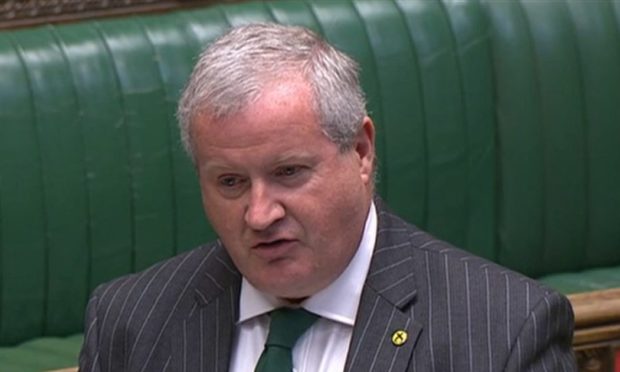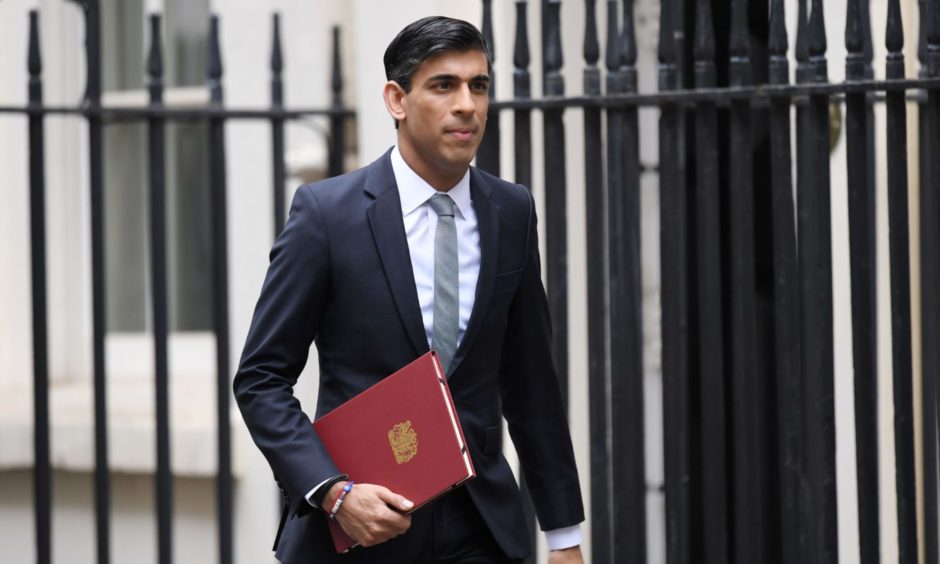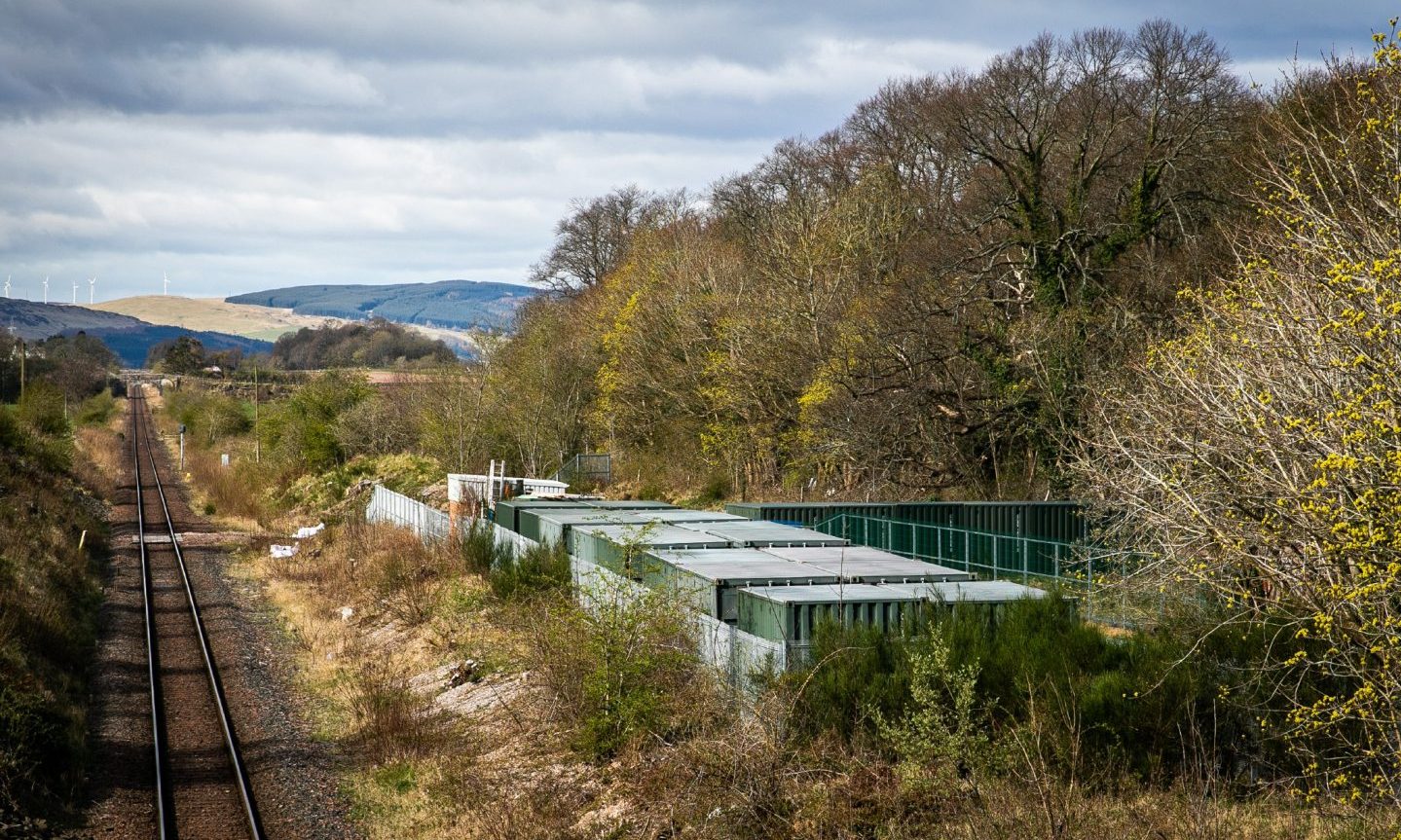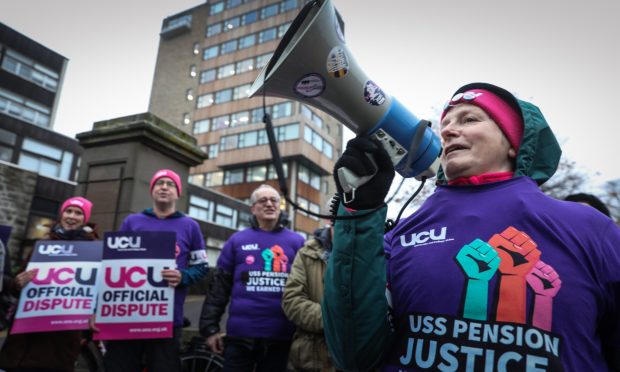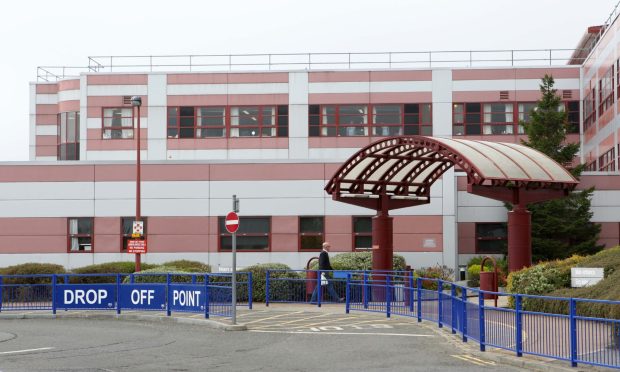Rishi Sunak is making a “grave mistake” by phasing out the furlough scheme from August, Ian Blackford has said.
With less than two weeks to go until the job retention scheme starts to wind down, the SNP Westminster leader has called on the Treasury to extend the scheme into 2021.
More than a quarter of the UK workforce is being supported by the scheme at a cost, so far, of more than £20 billion.
The scheme, brought in to mitigate the effects of coronavirus, allows employees to receive 80% of their monthly salary, up to £2,500.
So far in Scotland, 628,000 workers have signed-up to the scheme.
In Dundee there are 15,000 workers benefiting, 12,400 in Angus and 19,700 in Perth.
Across Fife there are more almost 38,000 people currently signed up.
The scheme will continue to support jobs until the end of October, but from August 1 employers will be expected to pick up part of the tab.
We are still in the middle of a global pandemic and there is a very real danger of a second wave.”
Ian Blackford
Mr Blackford said the move to reduce payments to firms was premature.
He said: “The Tory government is making a grave mistake by cutting off furlough support prematurely, with all the evidence suggesting it could lead to thousands of unnecessary job losses.
“With just two weeks to go until the first round of Tory cuts sink in, I urge the Chancellor to think again and extend the furlough schemes into 2021 – to protect jobs and help struggling businesses ride out the winter.
“We are still in the middle of a global pandemic and there is a very real danger of a second wave.
“Many businesses are already on the edge and thousands of job losses have been announced as they prepare for the UK government’s cuts to hit home.”
He added: “In addition to extending the furlough scheme, the UK government must deliver the powers and funds that Scotland needs to secure a strong recovery.
“That means a meaningful fiscal stimulus package of at least £80billion in new investment, and the devolution of financial powers to ensure a tailored response that meets the specific needs of Scotland’s economy.”
